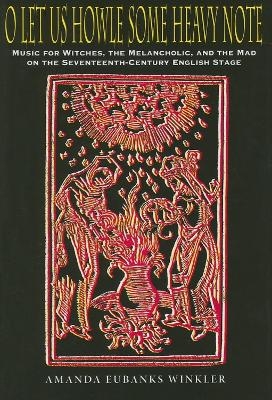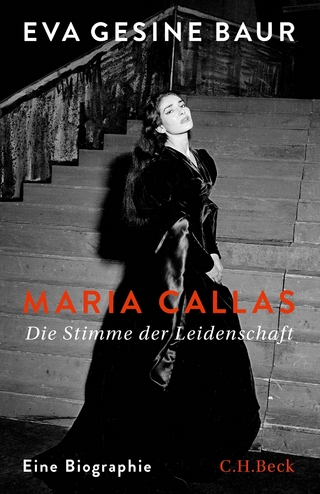
O Let Us Howle Some Heavy Note
Music for Witches, the Melancholic, and the Mad on the Seventeenth-Century English Stage
Seiten
2006
Indiana University Press (Verlag)
978-0-253-34805-0 (ISBN)
Indiana University Press (Verlag)
978-0-253-34805-0 (ISBN)
In the 17th century, harmonious sounds were thought to represent the well-ordered body of the obedient subject. This book focuses on the various ways that theatrical music represented disorderly subjects - those who presented either a direct or metaphorical threat to the health of the English kingdom in 17th-century England.
In the 17th century, harmonious sounds were thought to represent the well-ordered body of the obedient subject, and, by extension, the well-ordered state; conversely, discordant, unpleasant music represented both those who caused disorder (murderers, drunkards, witches, traitors) and those who suffered from bodily disorders (melancholics, madmen, and madwomen). While these theoretical correspondences seem straightforward, in theatrical practice the musical portrayals of disorderly characters were multivalent and often ambiguous.
O Let Us Howle Some Heavy Note focuses on the various ways that theatrical music represented disorderly subjects—those who presented either a direct or metaphorical threat to the health of the English kingdom in 17th-century England. Using theater music to examine narratives of social history, Winkler demonstrates how music reinscribed and often resisted conservative, political, religious, gender, and social ideologies.
In the 17th century, harmonious sounds were thought to represent the well-ordered body of the obedient subject, and, by extension, the well-ordered state; conversely, discordant, unpleasant music represented both those who caused disorder (murderers, drunkards, witches, traitors) and those who suffered from bodily disorders (melancholics, madmen, and madwomen). While these theoretical correspondences seem straightforward, in theatrical practice the musical portrayals of disorderly characters were multivalent and often ambiguous.
O Let Us Howle Some Heavy Note focuses on the various ways that theatrical music represented disorderly subjects—those who presented either a direct or metaphorical threat to the health of the English kingdom in 17th-century England. Using theater music to examine narratives of social history, Winkler demonstrates how music reinscribed and often resisted conservative, political, religious, gender, and social ideologies.
Amanda Eubanks Winkler is Assistant Professor of Fine Arts at Syracuse University. She specializes in early music.
Contents
Acknowledgments
Note on Transcriptions
Library Sigla
1. Music and the Macrocosm: Disorder and History
2. "Stay, You Imperfect Speakers, Tell Me More"
3. "Remember Me, But Ah, Forget My Fate"
4. "O Let Us Howle Some Heavy Note"
5. Disorder in the Eighteenth Century
Epilogue
Notes
Bibliography
Index
| Zusatzinfo | 29 b&w illus. |
|---|---|
| Verlagsort | Bloomington, IN |
| Sprache | englisch |
| Maße | 155 x 235 mm |
| Gewicht | 476 g |
| Themenwelt | Kunst / Musik / Theater ► Musik ► Klassik / Oper / Musical |
| Kunst / Musik / Theater ► Theater / Ballett | |
| ISBN-10 | 0-253-34805-6 / 0253348056 |
| ISBN-13 | 978-0-253-34805-0 / 9780253348050 |
| Zustand | Neuware |
| Haben Sie eine Frage zum Produkt? |
Mehr entdecken
aus dem Bereich
aus dem Bereich


